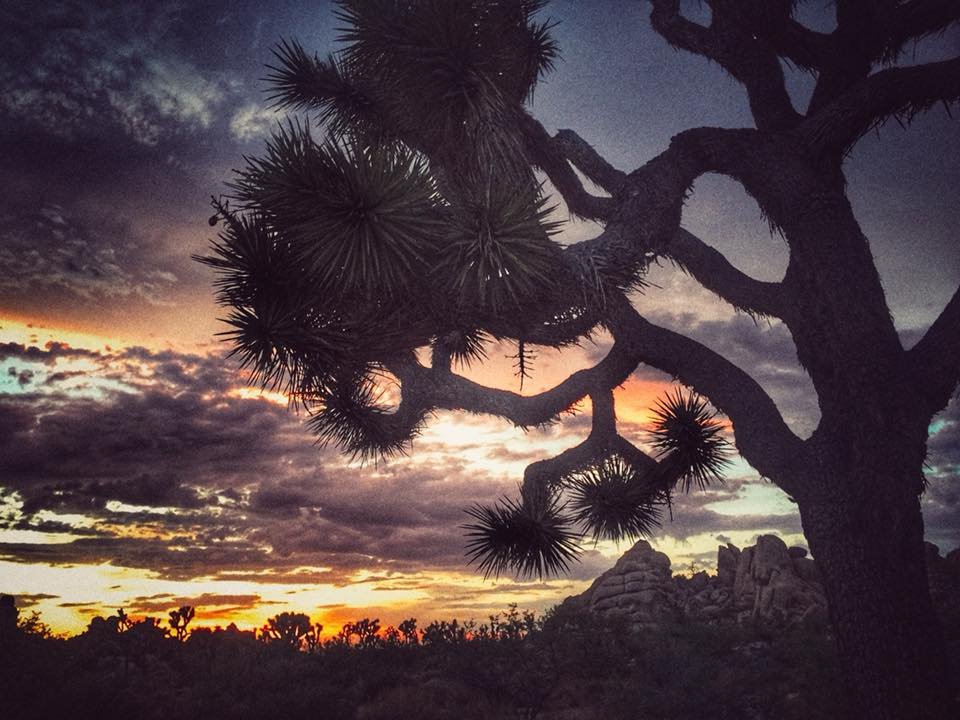UPDATE:
JOSHUA TREE PROTECTIONS
California Fish & Game Meeting
June 15/16, 2022 - Los ANgeles, California
I attended the Fish and Game hearings in LA this week. The goal of the meeting was to determine if Western Joshua Trees warrant permanent "Threatened" status protections under the California Endangered Species Act (CESA). Western Joshua Trees currently have "Candidate" status under CESA, which provides them with full CESA protections, temporarily).
There was a tremendous public response in support of protecting the Joshua Trees! There were over 250 call-in participants - most of whom left a public comment in support of protections!
There was also a sizable turn out by local municipalities, developers and Big Solar interests - claiming that protecting the species would "halt all development in the region", "increase commute times" and "prevent low income families from home ownership".
The State's recommendation was that the Western Joshua Trees DID NOT warrant permanent protections under CESA. Their "study" was rejected by 4 of the 5 peer reviewers (all from the scientific community) - making the "Study" suspect from the beginning. As a result, some of the committee members requested to pick a "new" set of "peer" reviewers - a request that is unheard of in the scientific community. Their request was rejected.
There was intense pressure to keep the temporary CESA protections in place, since, as one committee member stated - "It would be open season on Joshua Trees if protections are dropped.". A true statement indeed!
The final vote was a draw - 2:2 - so for now, the Joshua Trees remain protected. Stay Tuned!
I want to personally thank everyone who came to the meeting and those who called in as well!
You made a difference!
Subscribe to stay informed: http://www.joshuatreeonfilm.com/protect-trailer






























